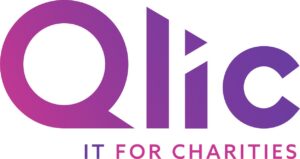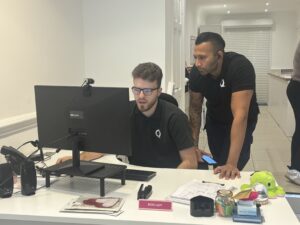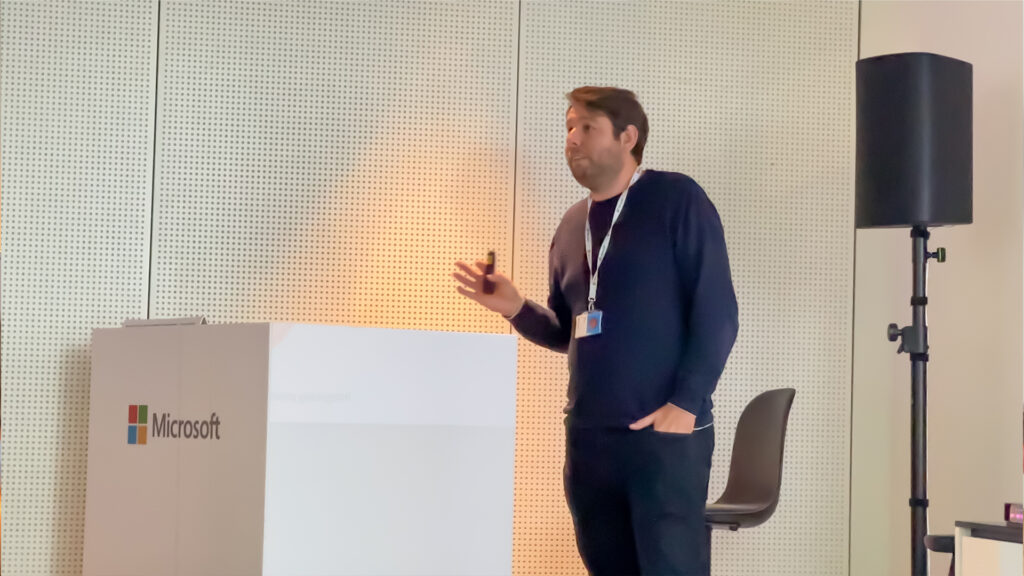
With a commitment to strengthening communities and enabling nonprofits to achieve more through affordable technology, Microsoft is leading the charge in empowering charities and nonprofit organisations worldwide. Through its Tech for Social Impact initiative, Microsoft aims to “empower charitable organisations with the power of AI, data, and technology, along with strategic investments.”
For charities and nonprofits, this translates into the possibility of leveraging cutting-edge technology to amplify their mission and increase their impact. Whether it’s harnessing the power of data analytics to make smarter decisions, automating workflows to save time, or scaling projects to reach more people in need, Microsoft provides the tools and resources to help organisations create meaningful change through nonprofit digital transformation.
In this blog, we’ll explore how Microsoft’s Tech for Social Impact can empower nonprofits to deliver greater social good, including:
- What is Microsoft Tech for Social Impact?
- Why Nonprofits Should Leverage Microsoft Technology to Increase Social Impact
- Microsoft Tech for Social Impact New Tools
Let’s explore how technology can be the catalyst for your nonprofit’s next chapter.
What is Microsoft Tech for Social Impact?
Microsoft Tech for Social Impact (TSI) was established to empower nonprofits, charities, and social enterprises with the technology they need to achieve their goals quicker and more effectively. It encompasses a suite of technology tools, software, training platforms and partnerships with other organisations to develop and deliver solutions tailored to the specific needs of nonprofits.
Recognising the unique challenges faced by these organisations, Microsoft created TSI as a dedicated arm to provide affordable access to advanced technologies. This program leverages Microsoft’s resources to drive social change, improve efficiency, and amplify the impact of charitable organisations worldwide.
Below are some of the key technologies included in the Microsoft Tech for Social Impact programme:
- Azure for Nonprofit
- Microsoft 365 for Charities
- Power BI
- Dynamics 365
- Security Program for Nonprofits
- Surface Devices
- Microsoft 365 Grants and Discounts
Let’s dive into what each of these tools and programs offers for charities.
Azure for Nonprofit
Microsoft Azure is a comprehensive cloud-based platform that allows nonprofits to use world-class technologies at a discounted rate. Azure offers essential tools such as virtual machines, storage services, and backup solutions that enable charities to:
- Securely store and access data.
- Modernise their IT infrastructure to enhance efficiency.
- Utilise AI-powered analytics to improve decision-making.
- Stretch budgets by paying only for what they use.
Azure makes cloud computing accessible for nonprofits, providing the scalability and flexibility they need to grow and innovate.
Microsoft 365 for Charities
Microsoft 365 for Charities is a powerful suite of productivity tools tailored to the unique needs of nonprofit organisations. The benefits of Microsoft 365 for nonprofits include software like Word, Excel, PowerPoint, and Teams, which are indispensable for day-to-day operations in charities.
Here are the individual tools within Microsoft 365 and how they improve communication within your charity and increase your operational efficiency:
Microsoft Word
Ideal for creating and sharing professional documents such as proposals, grant applications, and donor reports.
Microsoft Excel
An essential tool for managing budgets, tracking fundraising goals, and organising donor databases.
Microsoft PowerPoint
Great for creating visually engaging presentations for board meetings, donor pitches, and community events.
Microsoft Outlook
Helps manage emails, calendars, and tasks, ensuring seamless communication within teams and with external stakeholders.
Microsoft Teams
Remote working with Microsoft Teams has never been easier. It enables charity staff to collaborate virtually, conduct meetings, and stay connected whether teams are in the same office or spread across different locations.
Microsoft OneDrive
Provides secure cloud storage, making it easy to store, access, and share files. For a detailed comparison of storage solutions within the Microsoft 365 suite, check out this article on SharePoint for nonprofits vs OneDrive.
Microsoft SharePoint
A powerful platform for management and collaboration. It helps manage shared resources, documents, and workflows. Learn more about SharePoint for charities and explore the basics of SharePoint to get started.
Power BI
Power BI is Microsoft’s business analytics service, which provides nonprofits with interactive data visualisations and business intelligence tools. With an intuitive interface, charities can create dashboards and reports to:
- Track key performance indicators (KPIs)
- Visualise donor engagement trends
- Make data-driven decisions to optimise campaigns and programs
Dynamics 365
Microsoft Dynamics 365 is an advanced customer relationship management (CRM) and enterprise resource planning (ERP) platform. While it is sometimes confused with Microsoft 365, the two are distinct: Dynamics 365 focuses on managing relationships, streamlining processes, and automating workflows. Check out our blog, Microsoft Office 365 vs Microsoft Dynamics 365 for Charities, to learn the key differences between these two platforms.
Security Program for Nonprofits
Cyber security for charities is a top concern, as they handle sensitive donor and beneficiary data. Microsoft’s Security Program for Nonprofits offers a comprehensive set of tools and services to help charities safeguard their digital assets. These include:
- Risk assessments to identify vulnerabilities.
- Proactive monitoring and notifications to prevent breaches.
- Cyber security training for staff
The program also integrates Microsoft Defender for added protection. There are also cyber security grants for nonprofits, which provide great funding opportunities for the best technologies to protect their digital data against cyber threats.
Microsoft 365 Grants and Discounts
Microsoft is committed to delivering affordable technology to implement social impact. Through Microsoft grants for nonprofits and discount programmes, advanced productivity tools are accessible to charities at little or no cost. Eligible organisations must acquire nonprofit status on Microsoft in order to access these tools at a discounted rate. These tools include Teams, Outlook, and SharePoint.
With these tools and programs, Microsoft Tech for Social Impact ensures that nonprofits are well-equipped to overcome challenges, drive change, and serve their communities more effectively.
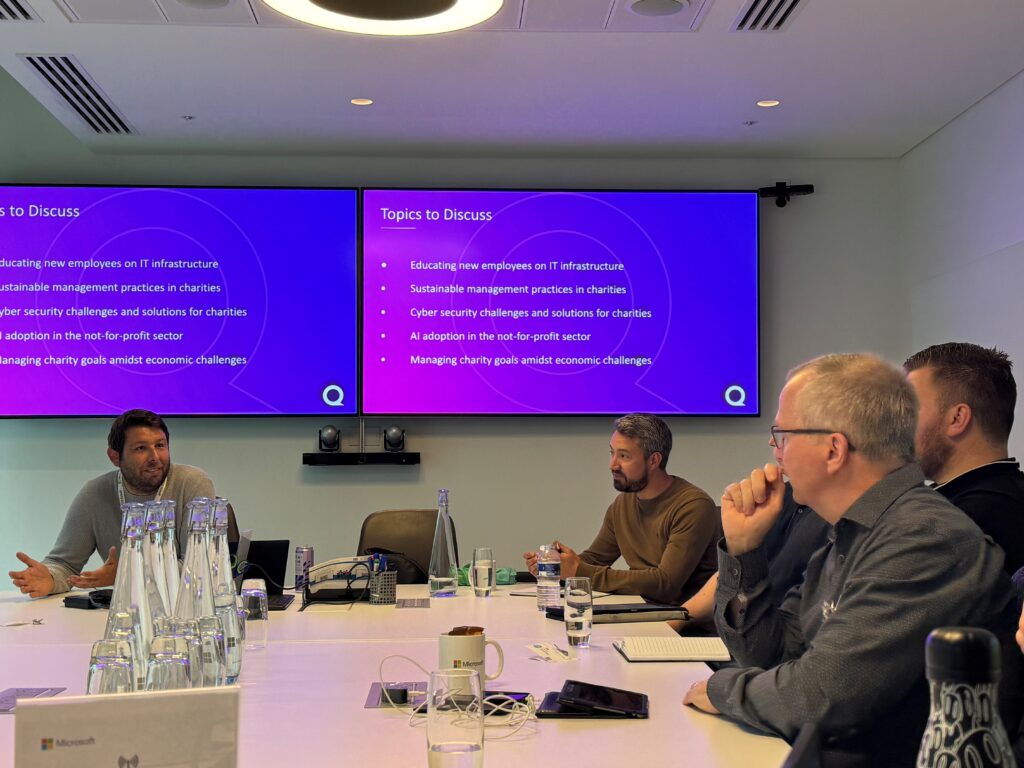
Why Nonprofits Should Leverage Microsoft Technology to Increase Social Impact
Advanced technology can be a game-changer for nonprofits, enabling them to streamline operations, engage stakeholders, and maximise their impact while reducing costs. By leveraging Microsoft’s tools and platforms, charities can transform how they operate, enhance collaboration, and deliver better outcomes for the communities they serve.
Here are some key reasons nonprofits should adopt Microsoft technology:
- Enhanced Collaboration and Productivity for Charity Employees
- Cost-Effective and Scalable Solutions
- Advanced Data Security and Compliance
- AI and Automation for Greater Impact
Let’s explore each in detail.
Enhanced Collaboration and Productivity for Charity Employees
Nonprofits often rely on collaboration between remote teams, volunteers, and partner organisations. Microsoft tools such as Teams, SharePoint, and OneDrive provide seamless ways to connect employees, manage shared resources, and streamline communications.
For example, Microsoft Teams allows real-time collaboration through video conferencing, chat, and document sharing, making it ideal for both office-based and remote workers. SharePoint ensures centralised access to shared files and project updates, reducing confusion and increasing transparency. Cloud solutions, including OneDrive, offer secure cloud storage, enabling team members to access files from anywhere.
These tools ensure charity staff and volunteers can collaborate efficiently, whether they’re working in the same office or across different continents.
Cost-Effective and Scalable Solutions
Nonprofits often operate on tight budgets, making cost efficiency a top priority. Microsoft offers discounted and free software licenses for charities, including grants for its most popular tools, such as Microsoft 365, Dynamics 365, and Azure.
These scalable solutions allow nonprofits to start small and expand as their needs grow. Thanks to Microsoft grants, charities can save money on IT expenses while accessing enterprise-grade technology that helps them serve their communities more effectively.
Advanced Data Security and Compliance
Charities handle sensitive donor information, beneficiary records, and other critical data, making robust data security essential. All organisations should follow these data protection guidelines for charities to maintain trust and accountability.
Microsoft provides advanced security features, such as Microsoft Defender, to protect charities against cyber threats. Additionally, Microsoft ensures compliance with data protection regulations like GDPR, safeguarding personal information, data loss prevention and preventing data breaches.
With Microsoft’s built-in compliance tools, regulatory requirements are simpler, ensuring nonprofits can focus on their mission without compromising on data security.
AI and Automation for Greater Impact
With the rapid advancement of AI, Microsoft is helping charities optimise their operations and increase their impact. Tools like Microsoft Copilot bring the power of AI to daily tasks, such as automating repetitive processes, analysing donor trends, and generating reports, freeing up staff to focus on high-priority work.
Benefits of Copilot for charities include enhanced efficiency, reduced workload, and data-driven insights that can guide decision-making. Another programme which integrates AI capabilities is Microsoft Ads for Social Impact, a program designed to help nonprofits run cost-effective ad campaigns, which has been paused but is a valuable tool for increasing visibility and outreach.
By adopting Microsoft’s suite of tools and solutions, nonprofits can modernise their operations, enhance collaboration, and increase their overall impact, helping them serve communities more effectively and efficiently.
Exploring Microsoft Tech Social Impact & AI in the Charity Sector
Interested in learning how your nonprofit can harness the power of AI to amplify its mission and impact? We recently hosted a webinar with Chris Lyons from Microsoft’s Tech for Social Impact (TSI) team, where we explored how nonprofit organisations can leverage Microsoft’s cutting-edge cloud and AI technologies to maximise social impact.
From Microsoft 365 Copilot and how AI tools can transform productivity and efficiency across Word, Excel, PowerPoint, Outlook, and Teams, to real-world AI Applications for charities, including personalised donor engagement and optimised fundraising. Watch the full webinar below.
Microsoft Tech for Social Impact New Tools
Microsoft continues to innovate for the nonprofit sector, introducing new tools and platforms that enhance efficiency and increase impact. In December 2023, Microsoft announced exciting additions to its Tech for Social Impact portfolio, which further empowers charities, social enterprises, and governments to serve their communities effectively.
Two new tools include the Community Training Platform and the Likelihood to Donate AI Model:
Community Training Platform
The Community Training Platform is a lightweight, mobile-optimised solution designed to help nonprofits and governments upskill the communities they serve. Powered and secured by Microsoft Azure, this platform offers an affordable and user-friendly way to deliver educational content.
Learners can access training materials anytime, anywhere, through their mobile devices, making it an ideal solution for communities with limited access to traditional education resources.
Organisations can easily customise the platform to align with their specific needs, creating courses that address topics ranging from digital literacy to vocational training.
The platform’s Azure foundation ensures that it is secure, scalable, and reliable for diverse learning environments.
Likelihood to Donate AI Model
Understanding donor behaviour is essential for nonprofits to optimise their fundraising efforts and achieve their goals. This is where AI for fundraising comes in. Microsoft’s new Likelihood to Donate AI Model is an innovative tool designed to help charities analyse donor trends and improve fundraising strategies.
Built into Fundraising and Engagement, part of Microsoft Cloud for Nonprofit, this AI-powered donor propensity model uses data to identify which donors are most likely to contribute.
It enables organisations to tailor fundraising campaigns to match donor preferences, ensuring higher engagement and better results. By helping nonprofits allocate their marketing budgets more efficiently, this model drives meaningful outcomes with fewer resources.
Closing Thoughts
Microsoft Tech for Social Impact offers a comprehensive suite of tools and resources designed to help nonprofits overcome challenges, increase efficiency, and maximise their impact. By adopting Microsoft technology for social impact, charities can unlock numerous benefits that drive meaningful change in the communities they serve.
Microsoft’s products underscore its commitment to empowering nonprofits with cutting-edge technology, enabling them to serve their communities and achieve their missions with greater impact.
From improving collaboration and productivity through tools like Microsoft 365 and Teams to leveraging cost-effective and scalable solutions such as Azure and Dynamics 365, Microsoft enables nonprofits to work smarter and achieve more. The integration of advanced AI models like Copilot and the Likelihood to Donate tool further empowers organisations to optimise fundraising strategies, automate processes, and focus on their mission-critical work.
In addition to enhancing operations, Microsoft provides unparalleled security and compliance features, ensuring sensitive donor and beneficiary data is protected. Programs like the Security Program for Nonprofits and grants for productivity tools help charities stay secure while saving costs.
By partnering with Microsoft, your organisation can achieve its mission more effectively and make a greater difference in the world.
Get in Touch
Would your charity like to learn more about how Microsoft Tech can help your charity maximise social impact? Get in touch with the team at Qlic here.
